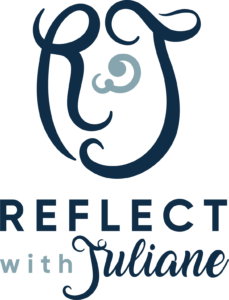Contact
Arrange an introductory appointment now
Adress
Reflect with Juliane – M. Sc. Psychology and Systemic Counsellor
Opening hours
Virtual meetings & face-to-face meetings in Johannesburg (Sandton) or Pretoria (Menlyn Maine) on appointment.
Book appointments easily using Calendly
Contact
You need to load content from reCAPTCHA to submit the form. Please note that doing so will share data with third-party providers.
More Information

